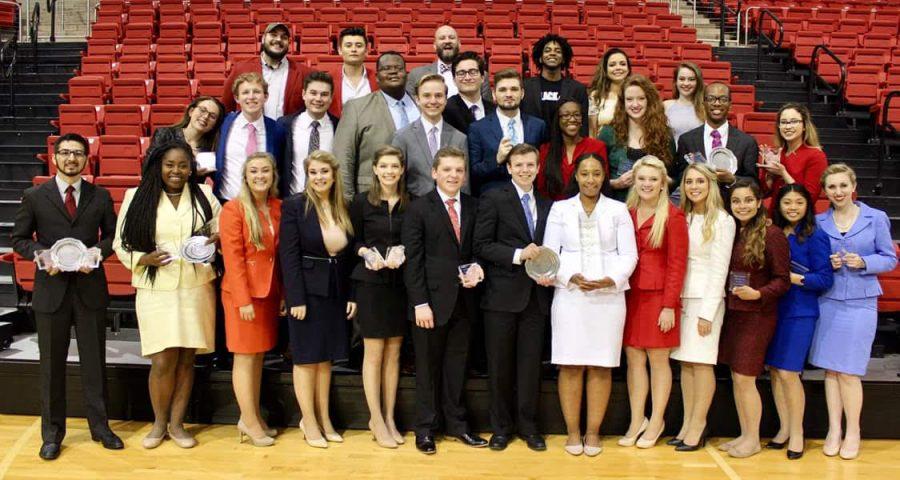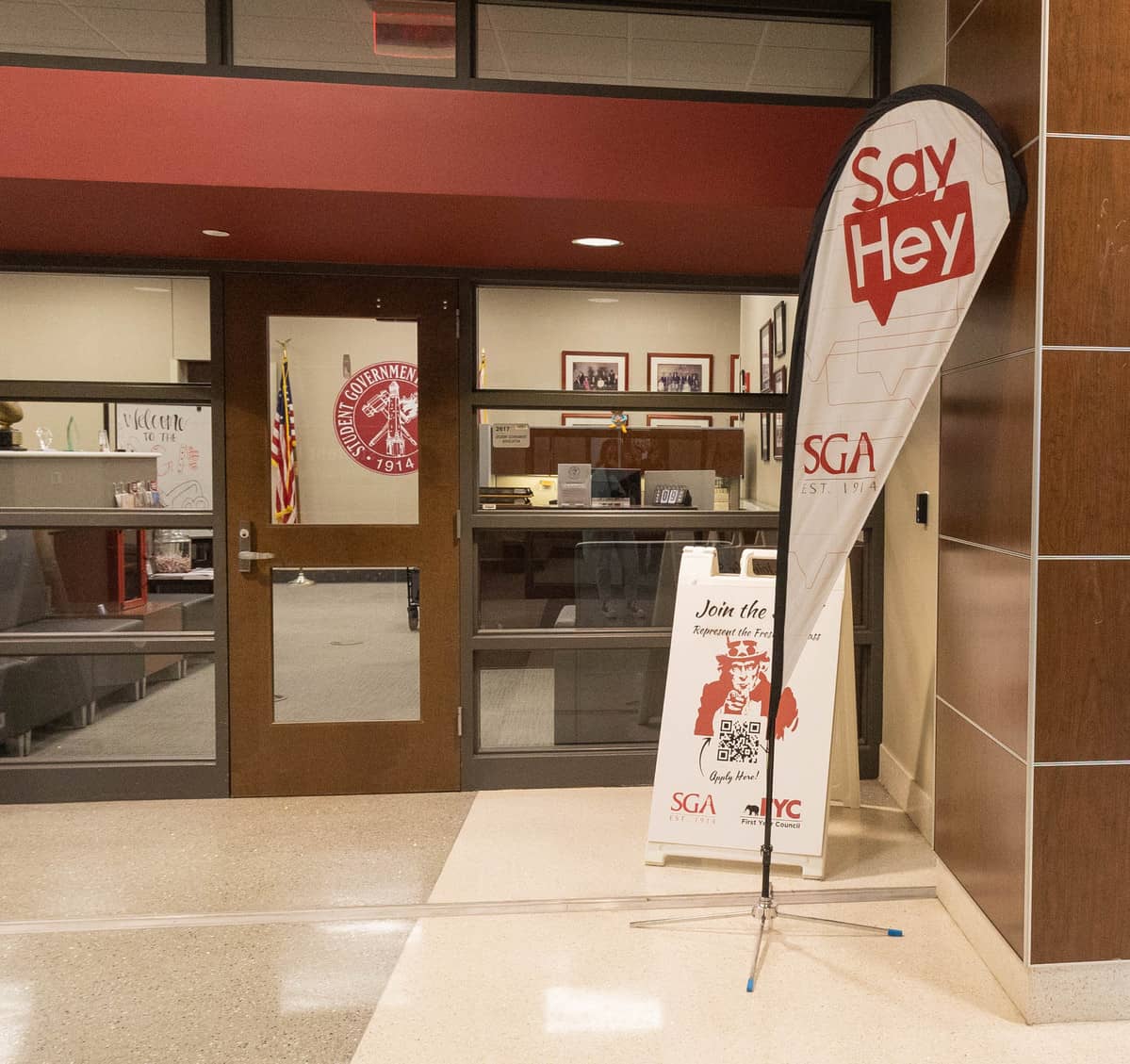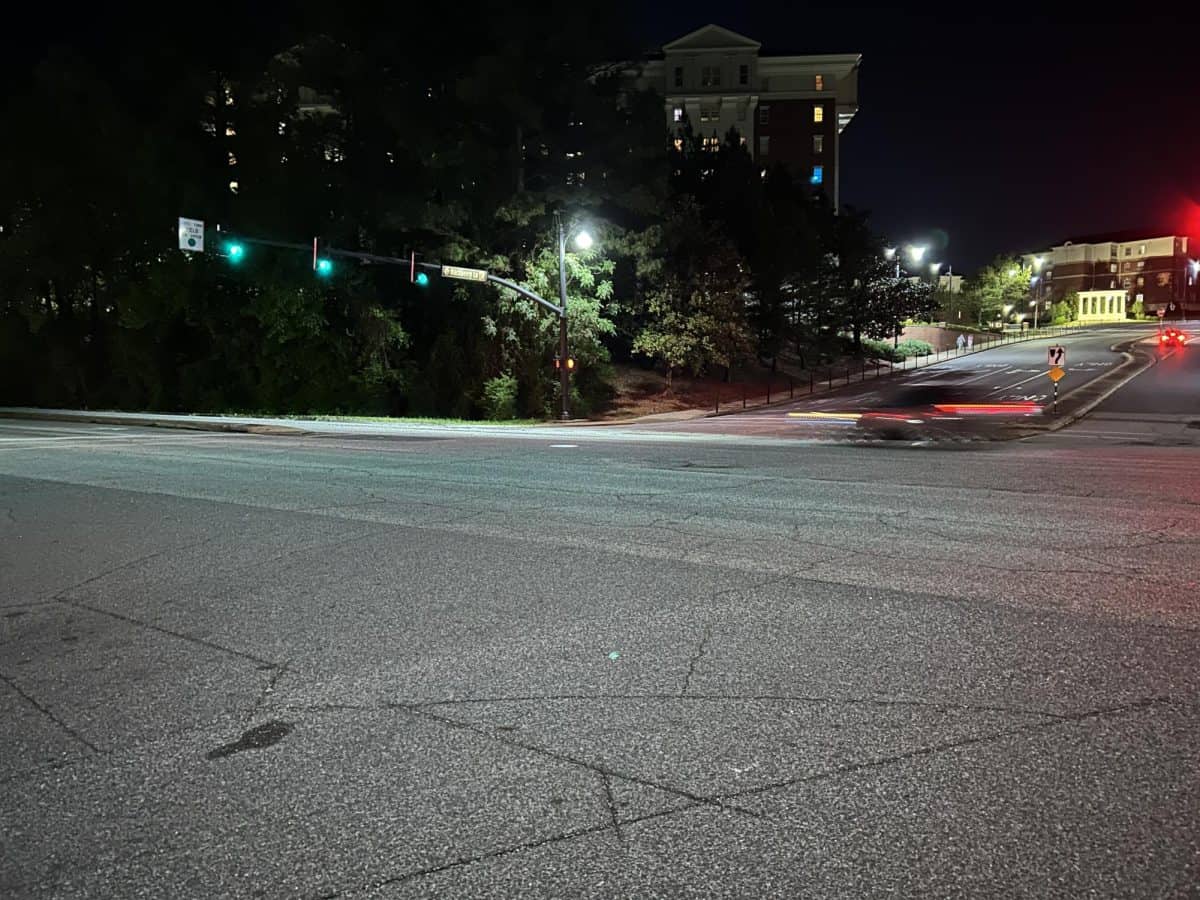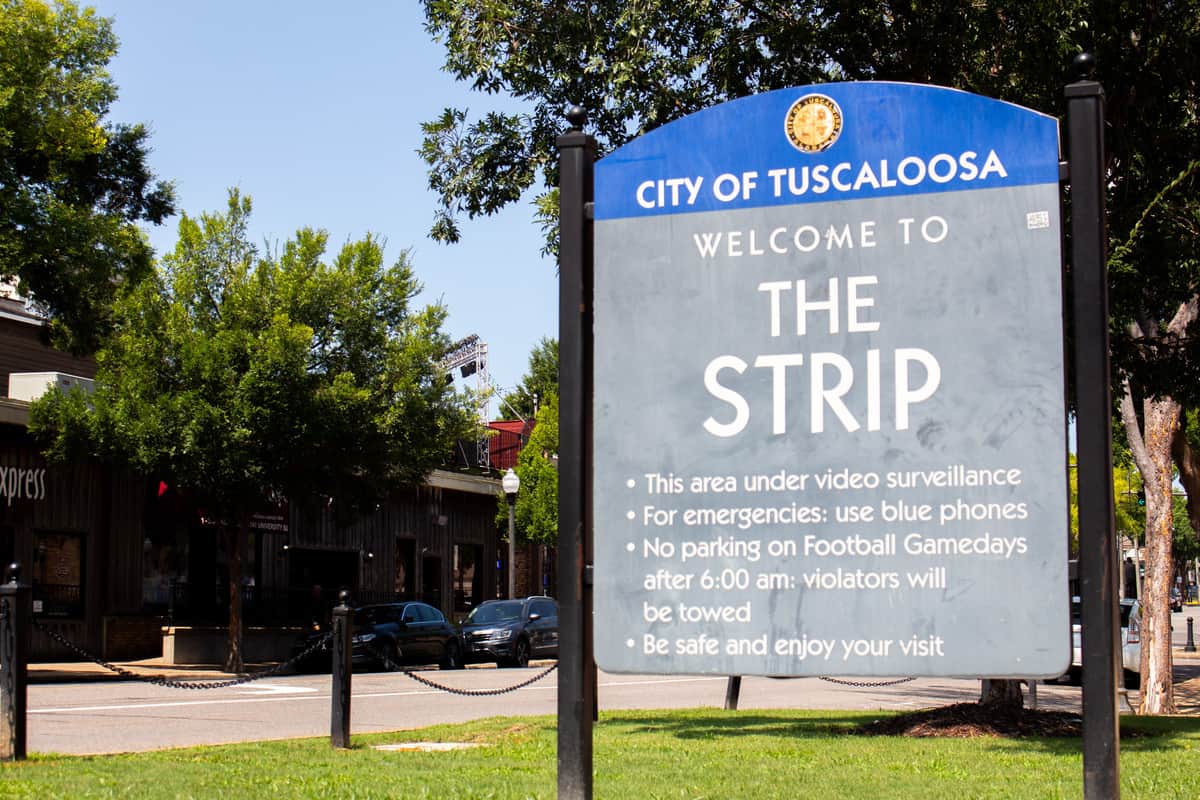A hidden gem, the AFC is one of the most consistently successful, and most misunderstood, student organizations on campus. Although most students would associate the Forensic Council with crime scenes and dead bodies, the Council has little to do with detective work, and everything to do with top-10 finishes in national speech and debate competitions.
Founded in 1946, the Alabama Forensic Council prides itself on being The University of Alabama’s oldest co-curricular organization. Even though the Council has a deep-rooted history, many students and faculty members still do not know exactly what the council is or does, said Mia McClintic, a senior team captain and administrative chair.
“They all think it’s about dead bodies, which is understandable because that’s what the word forensics means to most people,” McClintic said.
In actuality, the Forensic Council is a competitive speech and debate program that participates in intercollegiate competitions across the country. The team consists of around 25 students, four graduate assistant coaches, and two directors.
Not only does the Forensic program have a long-standing history, but it has a rich tradition of success. Since 1983, the Forensic Council has accumulated 20 top-10 finishes at the American Forensic Association National Individual Events Tournament, referred to as AFA-NIET. At this year’s AFA-NIET, hosted this past weekend by Bradley University in Peoria, Illinois, the team made it 21 by finishing fifth out of 73 schools in the team sweepstakes.
At AFA-NIET, a team’s final place is based on the number of total points earned by individual competitors from that team. Individual competitors earn more points the further their speech advances in the tournament. The Alabama Forensic team was able to finish fifth, which was their best finish since 2013, thanks to multiple team members’ deep runs in the tournament.
“Everyone competes in their individual event in preliminary rounds and if you do well in those you move onto the quarterfinals, then semifinals, and to finals. Finals are the top-six speakers at that event in the nation,” McClintic said. “This year, to earn fifth place, we had 21 speeches make it to ‘out rounds’, which is quarterfinals or further, and three speeches make it to finals.”
At the beginning of the Forensic competition season in August, a top five finish at AFA-NIET seemed simply unattainable to many members of the Forensic Council. The team graduated a considerable number of seniors last year and had already gotten off to a rocky start in the 2016-2017 campaign.
“I know a lot of people were worried about the success of this year’s team and after we didn’t place in the Norton Invitational in November, everyone was wondering if we were even going to get into the top ten at AFA,” said Sydney Terry, a freshman majoring in secondary education in mathematics.
After the rough start, the freshman and sophomore-heavy team buckled down and began working diligently to improve their speeches. Exceeding expectations, the team achieved memorable victories at tournaments at Berry College in Georgia and at Western Kentucky, in addition to their top five finish at AFA-NIET.
“We had 14 freshmen and only two seniors at the beginning of the year so we had a learning curve because college speech is different than high school speech,” McClintic said. “It was definitely rough, but we all banded together and put work into our speeches. We had a really dedicated team this year. Some members spent more time in the speech room than in class. It obviously payed off.”
The time commitment required of Forensic Council members is intense. The tournament schedule for this past season was loaded, making the time spent traveling and competing considerable. The team competed in over ten tournaments this season, some as far away as Portland, Oregon and Norman Oklahoma.
In addition to time spent at tournaments, competing members work at least six hours every week perfecting their speeches, with some members spending more if they compete in multiple events.
Spending a large portion of their time together has strengthened the bond between members of the Forensic Council. McClintic, who has been a member of four different teams during her time at The University of Alabama, said this year’s team is the closest one to date.
But the hard work literally pays off. Members of the Forensic team are rewarded for their sacrifice and dedication with full tuition scholarships, funded by the communications department.
“In addition to traveling every other weekend, you have to be coached in your events. We have graduate students who help us write and edit our speeches and you are required to show up for an hour of coaching per event. So for me I have two events so I showed up for 12 hours a week,” McClintic said.
Even though her time with the Alabama Forensic Council is coming to an end, McClintic said she is excited to leave the program in the hands of the freshman and sophomores who have already improved so much in their brief time in the program.
“I think that this team could easily get third at AFA in the next year or two, just because a lot of the people who were in those ‘out rounds’ were freshman, people who had never been to a national tournament before. Even those who didn’t advance that far impressed me,” McClintic said. “It’s definitely only going to get better from here.”







